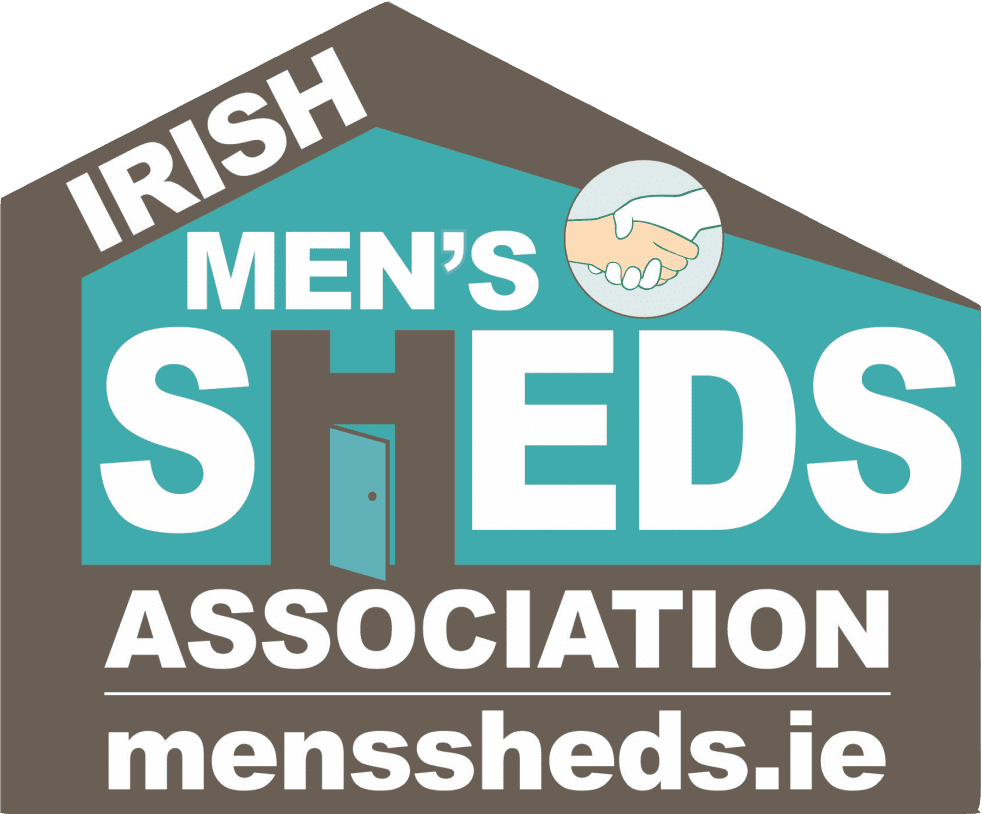The Irish Men’s Sheds Association makes the Social Entrepreneurs Ireland Finalist Program 2013
We are delighted to be part of the 2013 Finalists Programme in Social Entrepreneurs Ireland.
The Irish Men’s Sheds Association joins organisations concerned with access to residential care for children, to affordable mental health services, rehabilitation service for young people caught up in crime – among others – in the final eight.
 Each organisation on the shortlist will receive three months of support and guidance before a final award of €130,000 in direct funding as well as €70,000 worth of support over two years is given to three chosen winner of the ‘Impact Award’ in October.
Each organisation on the shortlist will receive three months of support and guidance before a final award of €130,000 in direct funding as well as €70,000 worth of support over two years is given to three chosen winner of the ‘Impact Award’ in October.
The five other finalists will receive €22,000 in direct funding and €10,000 in further support services over the coming year.
These are the eight finalists, all trying to have a positive impact on their fellow citizens’ wellbeings in a number of arenas:
Krystian Fikert – MyMind “Providing those in need with fast, affordable and quality mental health care”
The aim of the Polish-born psychologist and psychotherapist founder of MyMind is to make inexpensive, flexible and accessible mental health care available to Irish people, both online and in person. Early intervention is seen as crucial in helping people avoid reaching crisis point and has two centres in Dublin and one in Cork, supporting over 5,000 clients since its foundation in 2006.
Natasha & Toby Haslam – The Galtee Clinic “Improving outcomes for children in the care system”
Psychologist Toby and businesswoman Natasha run a centre in Tipperary from which they host children whose needs cannot be properly met in the foster care system. While staying with them, the children receive a specially tailored programme to address their specific needs which result from their difficult start in life. It gives the children a secure place to participate in the programme.
Peter Johnson – Jobnet “Helping a new kind of jobseeker in the Irish market”
Jobnet aims to help jobseekers to network effectively and seize opportunities in their local area, in effect helping them become their own best recruitment agent. It runs a tailored programme for these jobseekers, for whom job satisfaction is as important as the pay cheque.
Graham Jones – Solas Project “Reducing the likelihood of reoffending through pre and post-release support”
Founded by a criminal defence lawyer who noted that lack of support and direction was a major factor in young people getting caught up in crime. The five-step programme starts engagement with prison inmates between the age of 16-25 while they are still incarcerated, helping them beyond their release to empower themselves, change their path in life and ultimately reduce the chance that they will reoffend in society.
John Kearney – Irish Community Rapid Response “Enhancing local emergency services and saving lives”
Initially established in west Cork, the idea behibd ICRR is to put in place a ‘second tier’ of emergency situations where volunteer doctors in the area respond to emergencies in addition to the national ambulance service. The ICRR estimates its intervention has meant an average of two extra lives are saved per month and are hoping to bring their model to the national level.
Brian McCormick – Adtruism “Providing an easy and innovative way to fundraise online”
Founded by young entrepreneur McCorkmick, Adtruism gives website and blog owners a chance to raise awareness and funds for causes they want to support – 100 per cent of revenue generated by widgets placed on ‘host’ sites goes to the charities.
Mags Mullarney – Move4Parkinson’s “Educating, inspiring and empowering people with Parkinson’s to achieve a greater quality of life”
The goal of educating and informing people with Parkinson’s diagnoses to take an active part in their own care is central to this organisation. Founded by Mullarney, who was diagnosed with the condition herself, it promotes and simplifies “self-management” of the condition and helps those with it to find a programme that best suits them.
